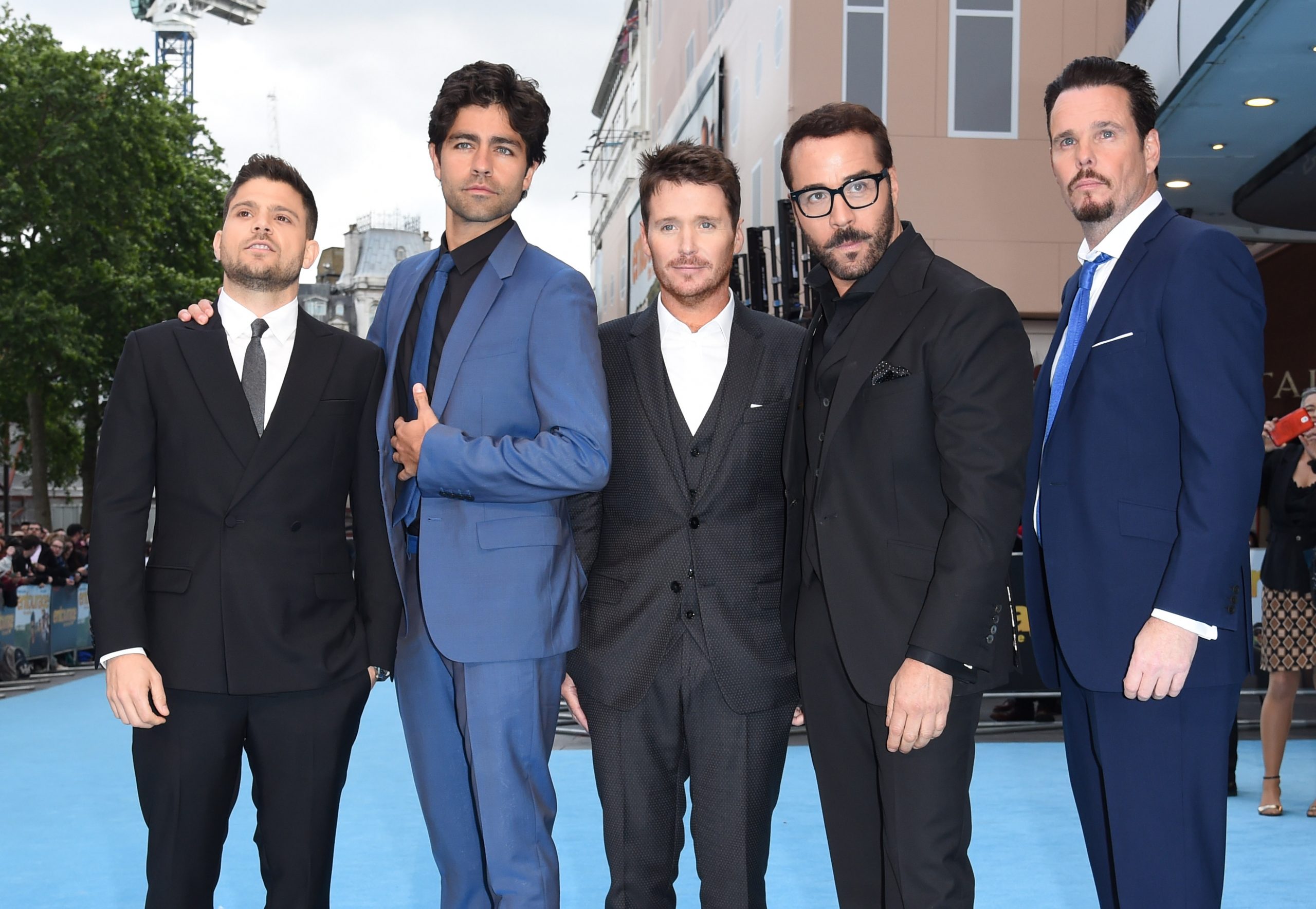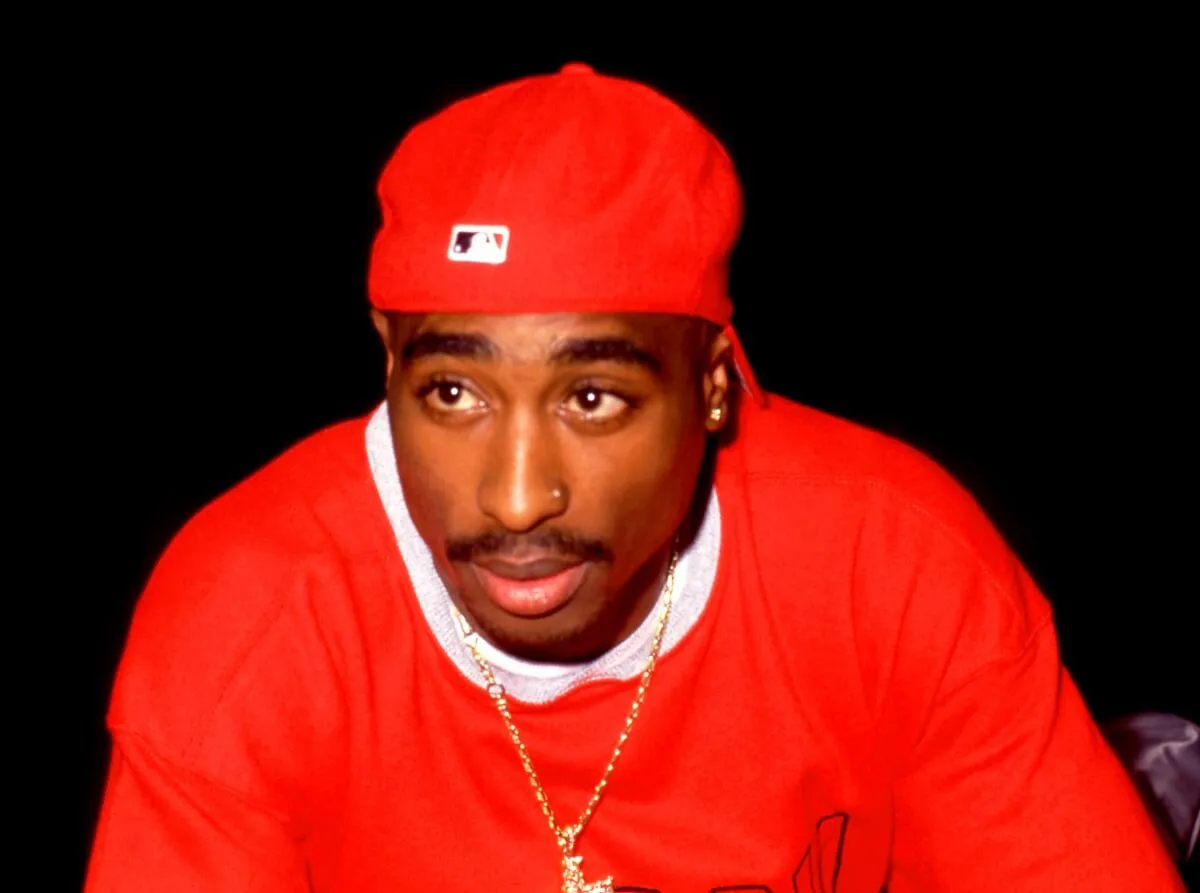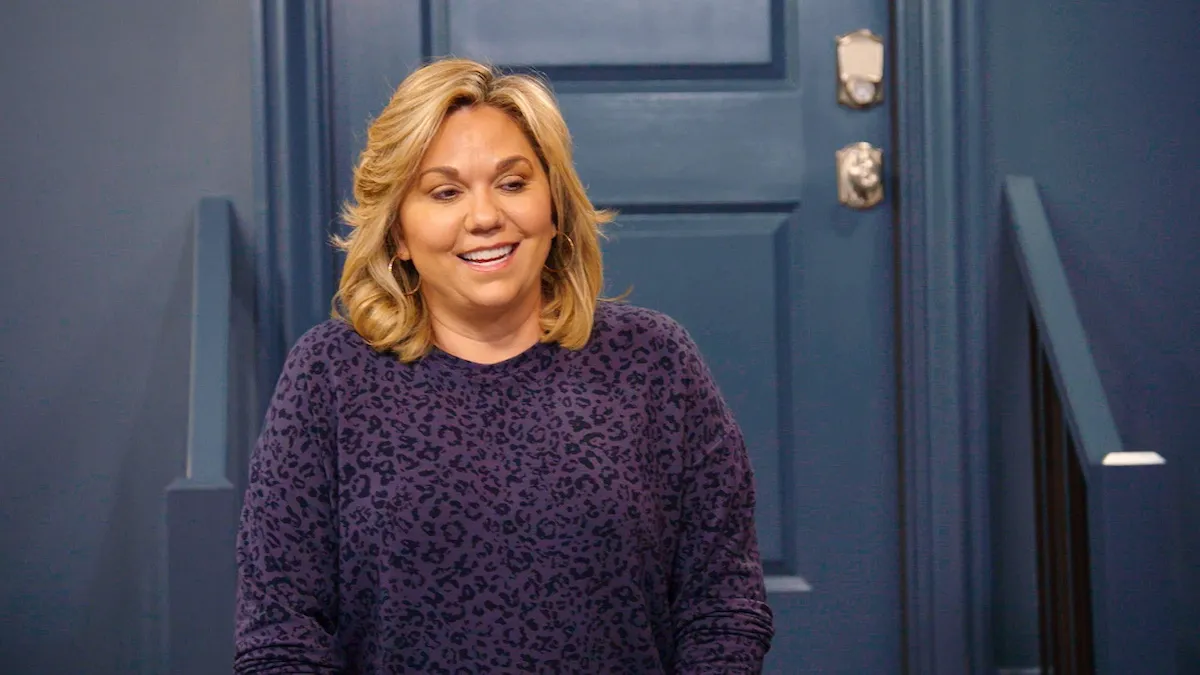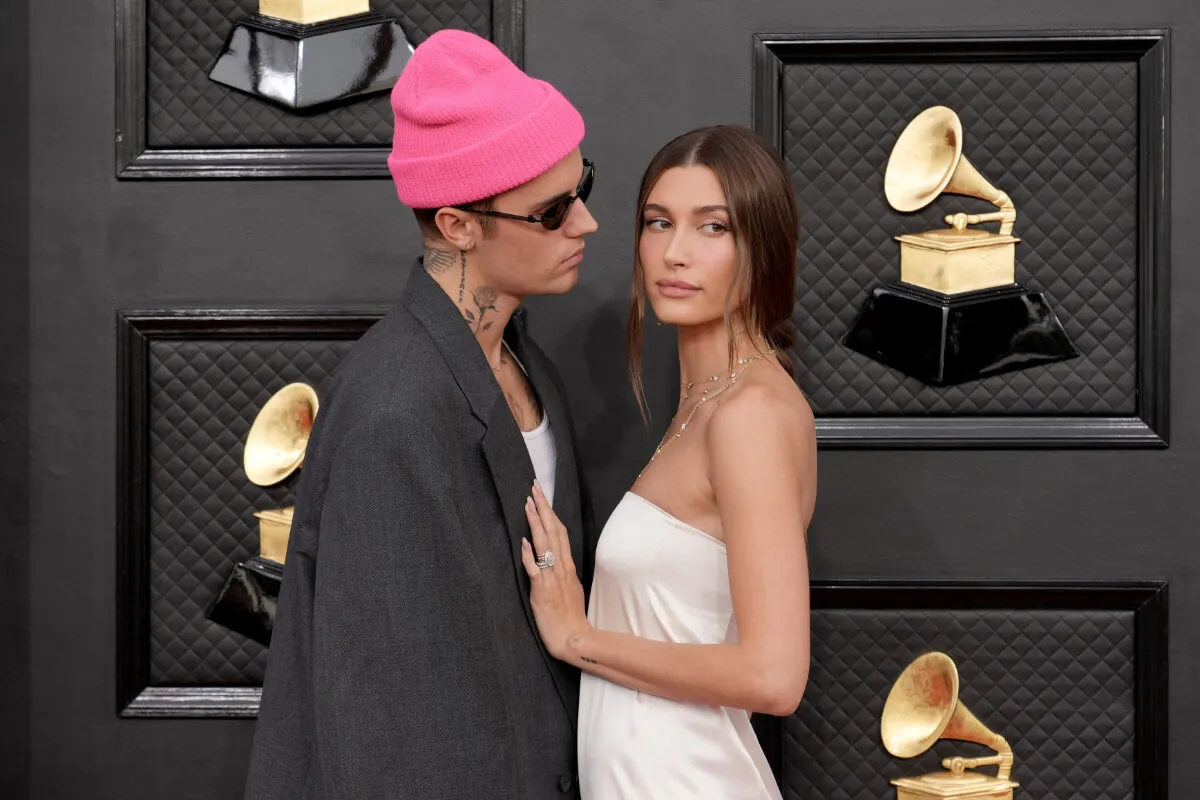‘Entourage’ Includes Some Problematic Themes That Didn’t Age Well
In its heyday, HBO’s hit series Entourage was the ultimate ‘bro show,’ an aspirational fairytale that men watched to temporarily fulfill their fantasies of fame, wealth, and excess. The show aired from 2004 to 2011 and documented the lives of Queens-born movie star Vincent Chase—portrayed by Adrian Grenier—and his crew of friends as they set out to conquer Hollywood.
Entourage chronicled the ups and downs of life in the movie business for actors. While the show often provided great insight into how the movie industry works and the lessons young actors must learn, it was also full of questionable content that didn’t age well at all—especially now, amid the #MeToo movement.
Misogyny runs rampant throughout every season of Entourage

One of the most popular themes of Entourage was the crew’s lavish lifestyle and the revolving door of women that came in and out of Vince’s life. In nearly every episode, Vince engaged in a casual sexual encounter with a woman he’d never met before. At certain moments it’s borderline absurd; typically, few words were exchanged between Vince and the unnamed actresses before they participated in spontaneous trysts in coatrooms, fitting rooms, backseats of cars, and on pool flotation devices.
Although this portrayal of the Hollywood lifestyle was entertaining for a majority of the show’s male audience, a closer look suggests that it characterized women as expendable accessories that successful men use for nothing other than entertainment.
Vince’s friends are the embodiment of toxic masculinity
Vince’s friends, most-notably Turtle (Jerry Ferrara) and Johnny Drama (Kevin Dillon), further perpetuated this notion throughout the series. Most of their interactions with women involved either competing with each other for their attention or making disparaging comments about their appearances.
Turtle specifically had some stomach-turning moments of misogyny on the show, such as when he said “Friends are just girls you haven’t f—-d yet, you know that” on the season 2 episode “Neighbors.” During season 5, Turtle also mentions starting a limo company that only employs sexy female drivers, named “Lim-Hoes.” Not exactly his brightest hour.
Harvey Weinstein’s Hollywood persona is captured with incredible accuracy
One of the more disturbing narratives on the show was the crew’s tense relationship with Harvey Weingard, a tyrannical Hollywood mega-producer crafted in the resemblance of Harvey Weinstein.
Throughout the show, Harvey Weingard is portrayed as a raging, foul-mouthed executive with limitless power and a hair-trigger temper. Everyone who came into contact with him was afraid of the professional and physical damage Harvey was capable of inflicting on them, and the boys are forced to deal with his wrath after backing out of deals on two separate occasions.
Although there weren’t any instances of his sexual misconduct written into the show’s plot, his domineering personality and intimidating aura were captured accurately. During one scene in which Eric Murphy (Kevin Connolly), Vince’s manager and friend, tries to apologize at dinner for reneging on an agreement with Harvey, the producer wields a bread knife and says “That was some mistake. Don’t you ever make a mistake like that with me again, because next time I’m not gonna be so kind… I’ll kill people.”
In the years to follow the show, dozens of celebrities revealed real-life stories that sounded eerily similar to scenarios in the show.
Ari Gold’s talent agency is a hotbed for homophobia and sexual harassment
One of the show’s most popular characters was Ari Gold (Jeremy Piven), Vince’s vulgar agent with an unquestionable work ethic and business acumen. According to Rolling Stone, Ari is based on executive producer Mark Wahlberg’s real-life agent, Ari Emanuel. Ari builds one of the world’s largest talent agencies after being wrongfully-terminated by his former employer.
Despite his savviness in business, Ari is a demanding boss who frequently mistreats his staff, most notably his longtime assistant Lloyd Lee (Rex Lee). Throughout much of the series, Ari relieves his stress by firing homophobic insults and gay quips at Lloyd, even though deep down he admires Lloyd’s loyalty and commitment to his vision.
He also makes snide remarks toward many of his female counterparts. Ari frequently makes sexually-explicit comments toward his business partner Barbara Miller (Beverly D’Angelo), his rival Amanda Daniels (Carla Gugino), and his colleague and former lover Dana Gordon (Constance Zimmer).
Ari’s toxic workplace culture derails his personal and professional life
Tensions reach their head in season 7 when Ari crosses the line with one of his junior agents, Lizzie Grant (Autumn Reeser), whom he asks if she signed Aaron Sorkin “With a pen or with his c–k”. It is later revealed that Lizzie has kept videotaped recordings of his outbursts, and she partners up with Amanda to blackmail Ari with the threat of a sexual harassment lawsuit.
Although the tapes are never released, word gets out about Ari’s antics, and he misses out on a major opportunity with the NFL to bring a team to Los Angeles. The fallout from this series of events puts a major strain on his personal and professional relationships, culminating in a separation from his wife.
Ironically enough, USA Today reported that Jeremy Piven was accused of sexual misconduct on the set of Entourage by numerous women in 2018.
Many of Entourage’s recurring themes are major problems in the entertainment industry today
Even though Entourage was intended to be a lighthearted portrayal of life in Hollywood, several of the show’s themes have not aged well. Numerous scenarios from the show’s plot have been proven to be all-too-realistic, with the #MeToo movement revealing some shocking similarities between the show’s characters and their real-life counterparts.
At its best, the show may be viewed as a comedic look at an era in Hollywood that is no longer acceptable; at its worst, Entourage may be seen as propaganda that encouraged a generation of men to embody the worst aspects of toxic masculinity.


